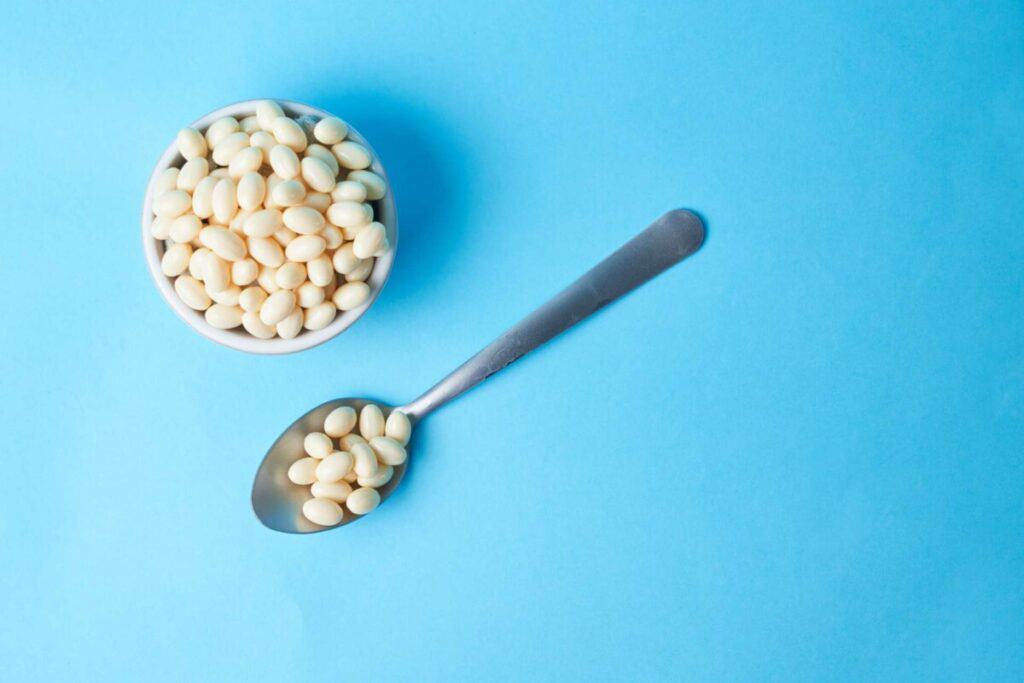Introduction: what is Lactobacillus Acidophilus?
Lactobacillus Acidophilus, often referred to simply as L. Acidophilus, is a bacterium that we as humans naturally carry with us. The bacterium belongs to the larger family of lactobacilli and is a type of probiotic. Probiotics are living organisms that have positive effects on our health, provided we take them in sufficient quantities. L. Acidophilus is mainly found in our intestines and vagina. It plays a crucial role in digestion and is therefore very important for our health.
L. Acidophilus is one of the many bacteria that contribute to a healthy intestinal flora. The bacteria are naturally present in our bodies and can also be obtained from certain fermented foods and supplements. Although much research remains to be done on the exact benefits of L. Acidophilus, it is clear that this bacterium plays an important role in our health.
L. Acidophilus is an essential part of our intestinal flora. It helps our bodies digest food, produce vitamins, support our immune system and fight harmful bacteria. It is no wonder, then, that a healthy population of L. Acidophilus in our gut is linked to a range of health benefits.
In summary, L. Acidophilus is an important probiotic bacterium that occurs naturally in our bodies. It plays an important role in digestion and has numerous other health benefits. It is therefore essential to ensure a healthy population of these bacteria in our intestines.
The importance of healthy gut flora
Our gut flora, also known as the gut microbiota, consists of trillions of bacteria and other microorganisms. Although the word “bacteria” may have a negative connotation, these creatures are crucial to our health. They aid in digestion, production of vitamins, protection against pathogenic bacteria and immune system support. L. Acidophilus is one of these beneficial bacteria.
A healthy gut flora not only ensures proper digestion, but also affects other aspects of our health. For example, healthy gut flora has been linked to a lower risk of obesity, cardiovascular disease and certain types of cancer. Moreover, a healthy gut flora can also contribute to better mental health.
One way to promote healthy gut flora is to consume probiotics. These are live bacteria that have a positive effect on our health. L. Acidophilus is one of these probiotics. It can help improve digestion, increase nutrient absorption and strengthen the immune system.
However, it is important to remember that healthy gut flora also depends on a balanced diet and lifestyle. Consuming enough fiber, limiting processed foods and regular exercise are all important factors in maintaining a healthy gut flora.








